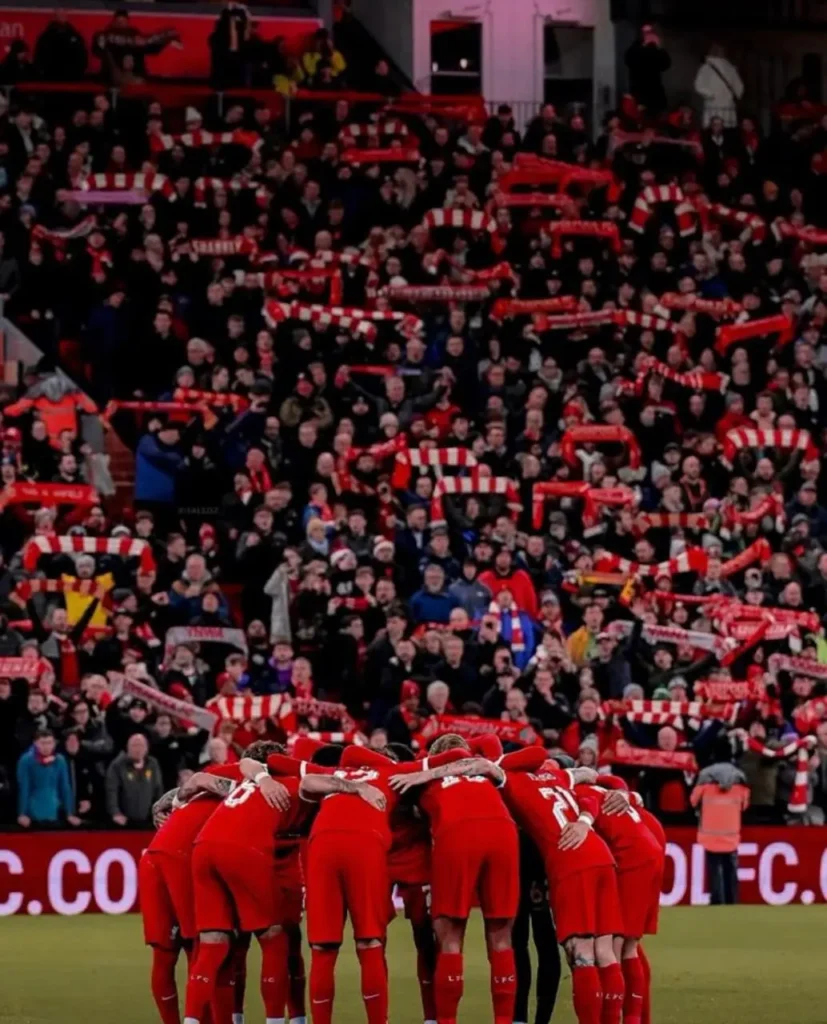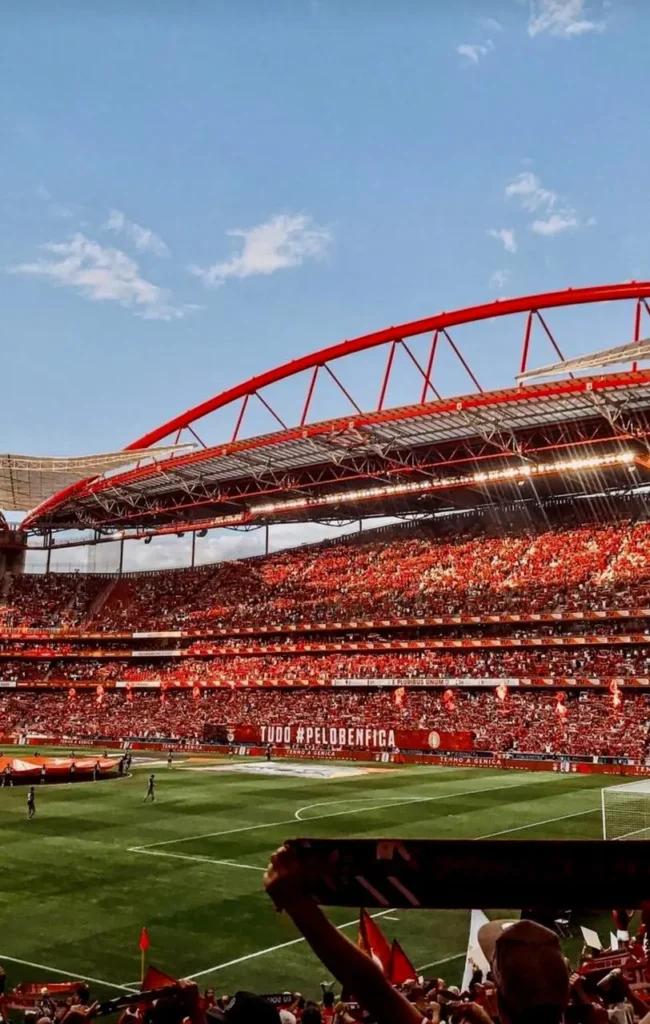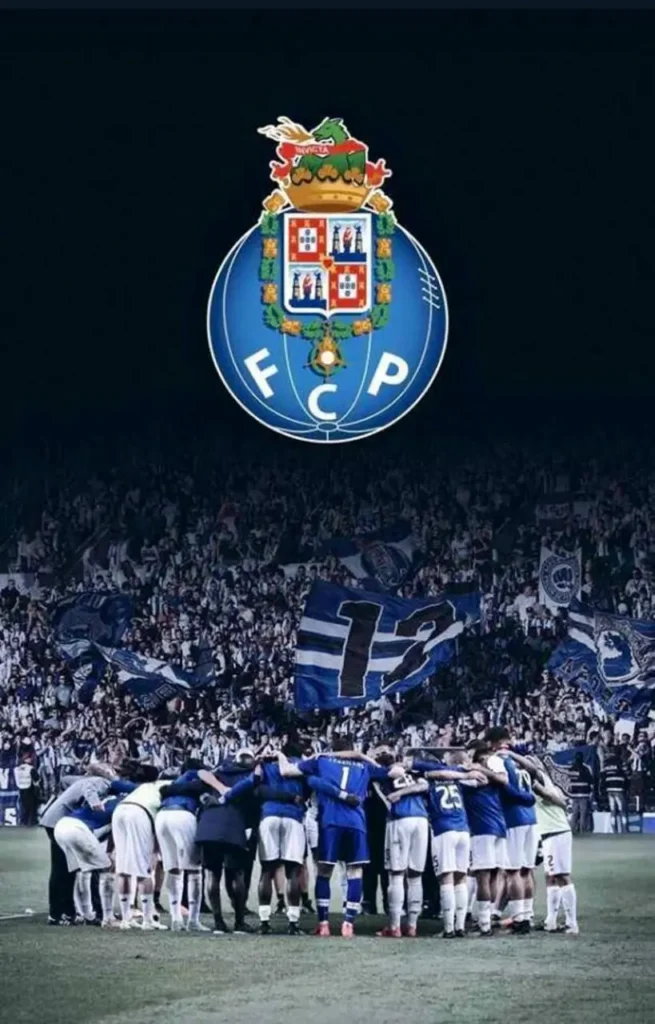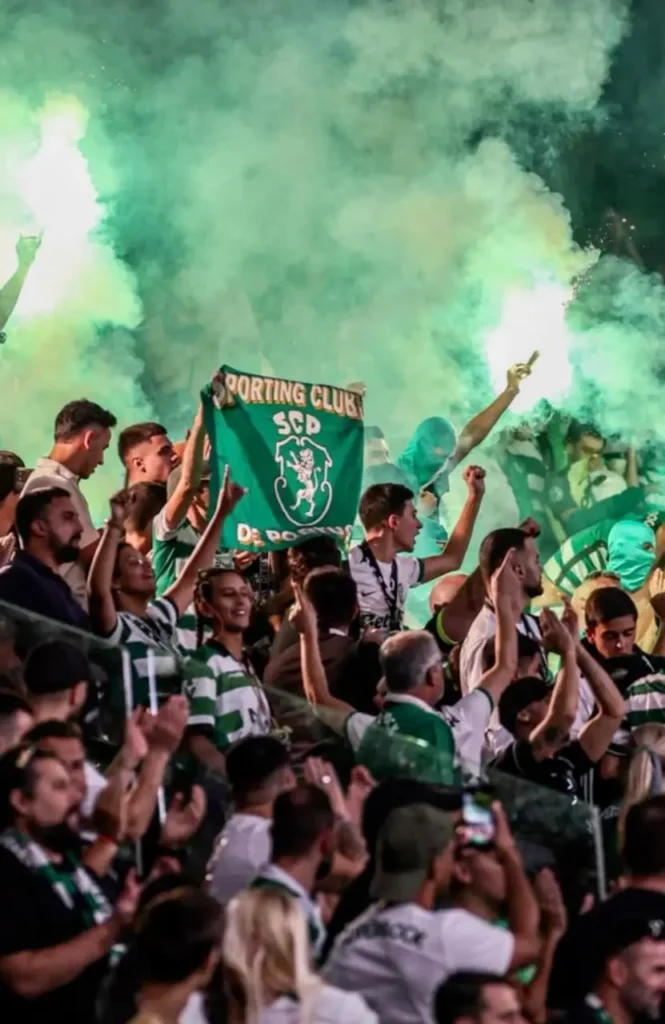Overview

Portugal Football clubs do not correspond with population levels. People struggle with the fact that the number of football clubs and social changes has taken place, as well as the changes in their surroundings over time.
Table of Contents
These modifications encouraged a fresh perspective on the game of football. Therefore, in addition to being seen as an activity, a national component must be described to produce economic profits.
As a result of these adjustments, football teams must be managed more professionally to maintain a strong financial record. However, football club managers deal with a number of problems because information is transmitted quickly and with high quality, which directly influences decision-making.
Football Clubs in Portugal: An Introduction
Football is not just a sport in Portugal, but it is an emotion. Around the world, you will see many people in Portugal who are fond of football. Initially, people used to treat football as a game, but now many Portugal football clubs have opened here where people send their children at their early age so their children will play like Ronaldo or other players’ children, also make a name for themselves in this sport.
With so many fans, the Portugal football clubs and industry have long been thought of as having traits that are increasingly similar to those of an entertainment provider. Football’s status as a commercial activity has helped to boost the economies of nations where it is marketed as a national sport.
Nowadays, football accounts for a significant portion of GDP in the majority of nations since football games additionally influence numerous other industries, including communication, catering, and transportation.
Competition over Portugal Football Clubs
Portugal has almost 112 football clubs, of which 36 are fully professional and 20 are semi-professional clubs. The teams that compete in the championships run by the District Football Associations are the best example in the nation; they typically earn less money than the top football clubs, but their costs are typically lower as well.
However, competitions are set up such that several clubs from the same nation can compete in various competitions and profit from that, reducing the gap between stronger clubs compared to what would happen if just one club could take advantage of the opportunities. Top 5 Football Clubs in Portugal.
Here is the list of famous Portuguese football clubs.
SL Benfica Club

Benfica is a professional football club in Portugal, based in the city of Lisbon in Portugal. It is included in the top three clubs of Portugal. Benfica is the most supported club in Portugal. It is a club liked not only by Portuguese but also by everyone around the world.
This sport is known as Lisboa e Benfica. To date, it is the most successful club in Portugal.
It was started in Lisbon in 1904. It has won most of the Portuguese leagues and domestic cups. The matches of this club are held in Estadio da Luz, which has a wonderful stadium. Internationally, it has made its name recognized by winning the European Cups in 1961 and 1962. That is why it has become an important name in today’s history.
FC Porto Club

The second top club among Portugal football clubs is FC Porto. Formed in 1893, it is also a very professional and capable club that has won many European and domestic trophies. It has won the UEFA Champions League twice. Apart from this, it has also won the UEFA Cup 2003 and UEFA Super Cup.
FC Porto is well-known for its home stadium, the Estádio do Dragão, its passionate followers, and its robust scouting network. The team and Benfica are bitter rivals, and their games are referred to as “O Clássico.”
Therefore, FC Porto is generally regarded as the second-best club in Portugal in terms of total accomplishments and reputation, but some may even contend that it is tied with Benfica..
Sporting CP

Sporting CP (Sporting Clube de Portugal), or just Sporting, is the third-best football team in Portugal. Sporting, which was founded in 1906 and is headquartered in Lisbon, is one of Portugal’s “Big Three” along with FC Porto and Benfica.
The team is well-known for its illustrious youth academy, which has produced elite players like Bruno Fernandes, Luís Figo, and Cristiano Ronaldo. It has also won numerous Primeira Liga titles and domestic cups. Sporting’s home games are held at the Estádio José Alvalade, a state-of-the-art stadium with a passionate following.
Even if they haven’t been as dominant as Benfica and Porto at times, Sporting is still a powerful force in Portuguese football, frequently participating in UEFA tournaments and vying for national titles.
Portugal Football Clubs and Economic Impact
Portugal is significantly impacted economically by Benfica, FC Porto, and Sporting CP, both directly and indirectly. Through ticket sales, television rights, sponsorships, and merchandising, these clubs bring in millions of dollars and support thousands of jobs in industries like retail, hospitality, and tourism.
Portugal football clubs and their involvement in European tournaments increases their profile abroad and draws supporters and financiers to the nation. Additionally, their world-renowned youth academies generate talent that is typically sold to top foreign clubs, bringing huge transfer revenue. Their competition encourages media attention and fan interaction, which strengthens Portugal’s sports industry and fosters pride in the country and international reputation.
FAQS
What are the names of top football Clubs in Portugal ?
There are top three clubs SL Benfica, FC Porto, andSporting CP.
Which football club in Portugal produced famous players?
Sporting CP club is famous for producing players like Ronaldo and Bruno.
Do Tourists can visit the football clubs of Portugal?
Yes, all clubs in Portugal offers tours for tourists.
How can I send my son to these clubs for football training?
You can apply through the clubs’ official websites, which offer youth academy trials (tryouts) and international programs.
Are there any football camps or short-term training programs for children in Portugal?
Yes, many best teams offer seasonal football camps (typically in the summer or winter) where young players can receive professional-level training.